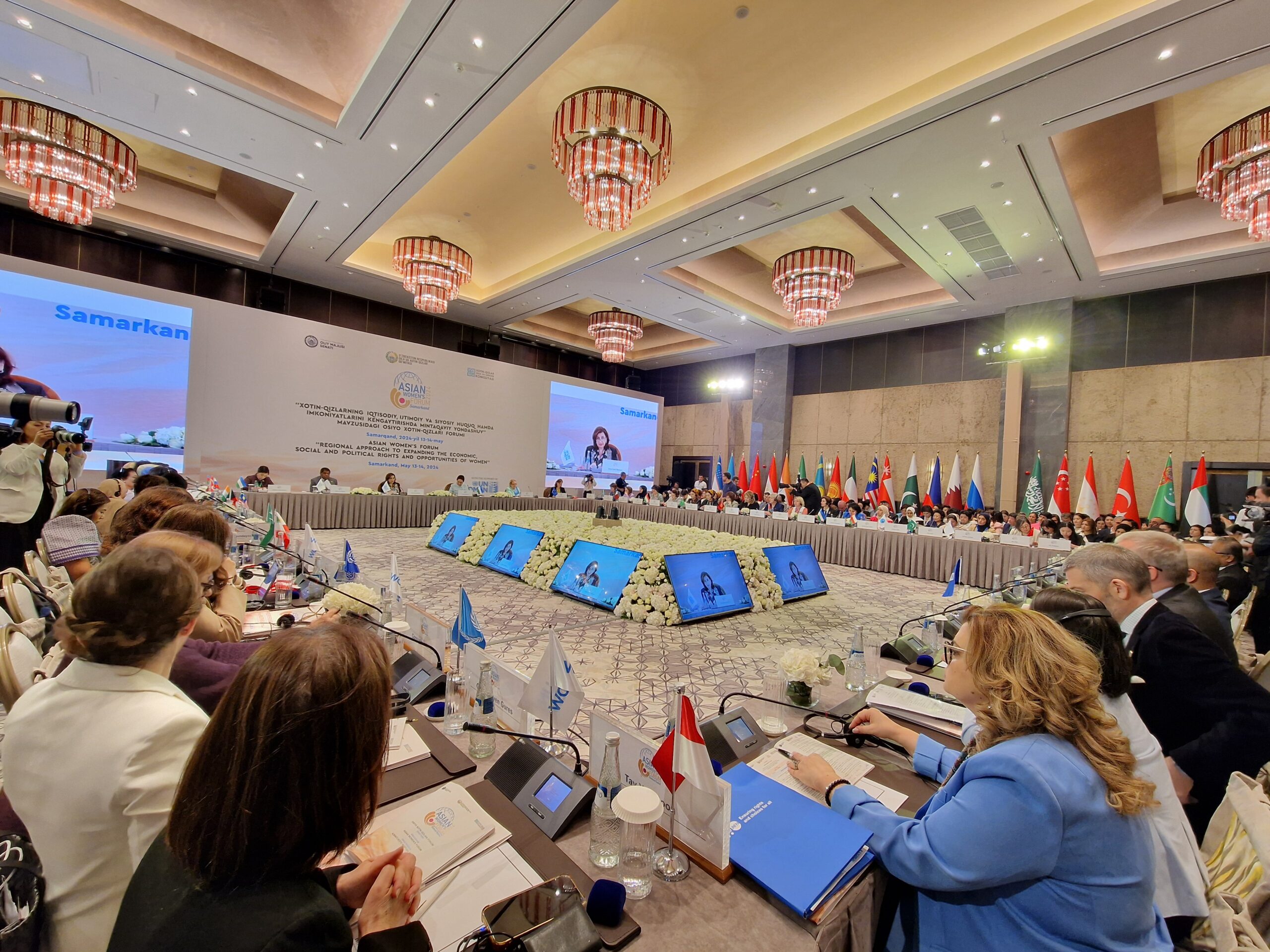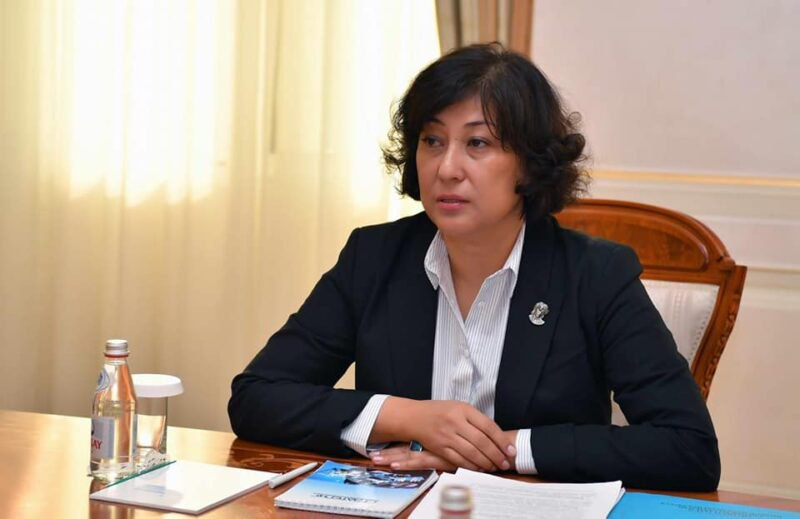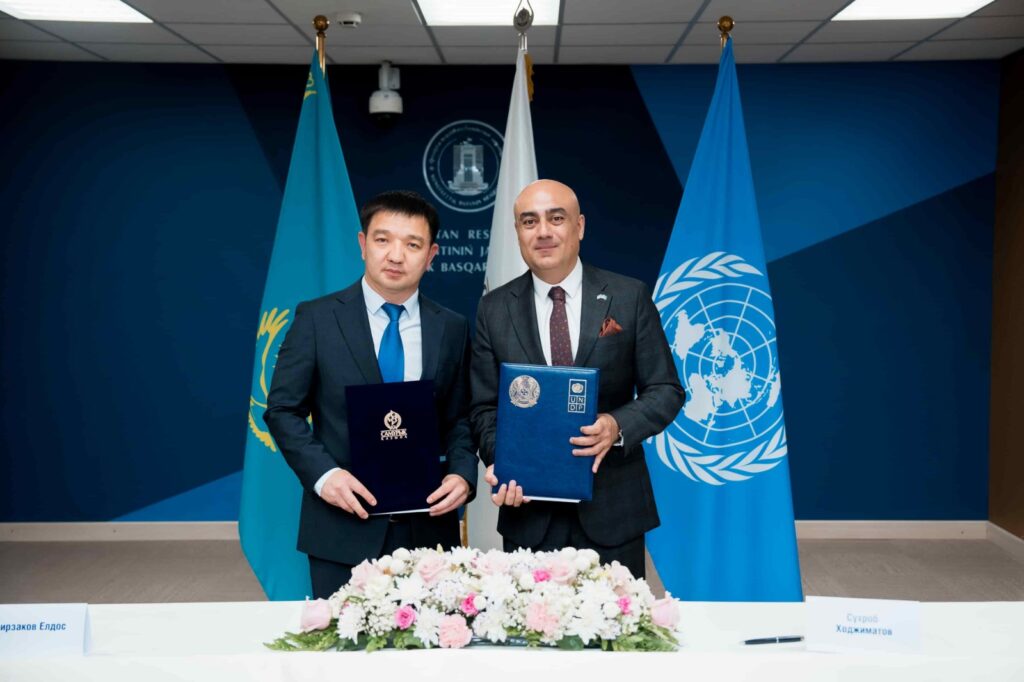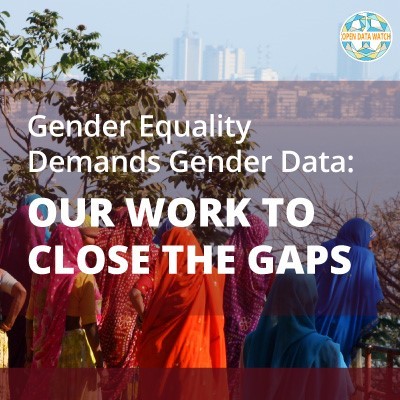The United Nations’ annual Asian Women’s Forum began in Samarkand today, this year dedicated to the topic of “Women’s economic, social and political empowerment”.
The Forum brought together delegates from more than 30 countries, including female members of parliament from countries across Asia, heads of government, and senior female staff from 40 organizations.
In one session, a representative of the UN in Uzbekistan, Jeren Guven, praised the country’s recent efforts to ensure gender equality, commenting: “We are pleased to note the positive changes in Uzbekistan regarding gender equality and the expansion of women’s rights, which is an important step towards creating a more inclusive and equal society.”
However, another session addressed factors still preventing women from accessing quality education, science and digital technologies. It was reported that in 2022, 32.1% of women between the ages of 15 and 24 worldwide were not in education, work, or vocational training. The corresponding figure for men was just 15.4%. This difference between the genders is still significantly higher in the countries of Central Asia.
According to Forum delegates, institutional barriers — including discrimination in the workplace, unequal distribution of unpaid care and household responsibilities, and lack of decent work opportunities — are among the factors preventing girls from transitioning from school to work.








